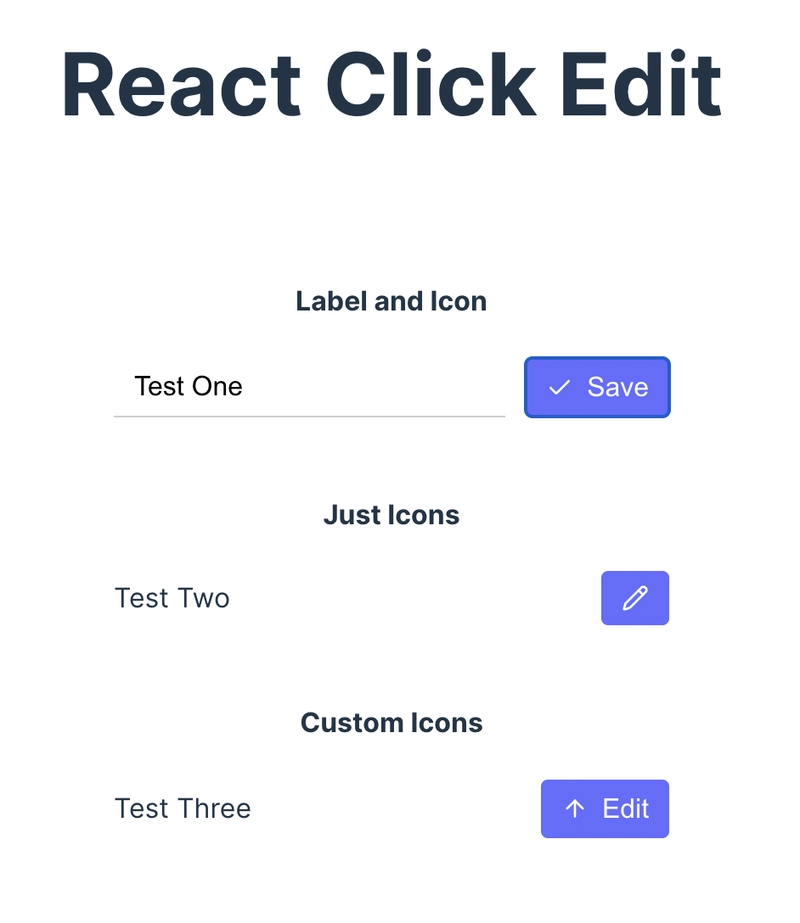When to Encrypt Secrets and When to Control Access
Secrets such as API keys, passwords, or access tokens are highly sensitive pieces of information that play a critical role in securing systems and connecting services. But the question arises: Should you encrypt all secrets? Or are there cases where controlling access is sufficient? Here’s how to determine when you should encrypt secrets and when access control is enough. When Should You Encrypt Secrets? Encrypting secrets is the best way to protect them from compromise. You should encrypt secrets when: a. Secrets Are Stored Long-Term If your secrets are stored in a database, configuration file, or any system, encrypt them to protect against direct attacks on the storage system. b. You Need to Meet Security Standards If your company needs to comply with standards such as ISO 27001, SOC 2, or GDPR, encrypting secrets is a mandatory step to ensure safety and security. c. The Environment Is High-Risk In environments like production, where secrets are frequently accessed, encryption serves as an additional layer of protection to mitigate risks. d. Secrets Are Shared Across Multiple Systems When secrets are used across different systems or platforms, encryption ensures they are protected during transmission. When Is Access Control Sufficient? In some cases, access control alone is enough to keep secrets secure, especially when: a. Secrets Have a Short Lifespan If you’re working with temporary secrets, such as one-time tokens (OTPs), controlling access is often quicker and simpler than encryption. b. Secrets Are Used in a Secure Environment If you’re working in a well-protected internal environment, access control for each member or service may be sufficient to prevent risks. c. The Team Is Small In small teams with fewer members, access control can be effectively managed without the complexity of encryption. How to Combine Both Approaches In practice, a combination of encryption and access control provides the highest level of security. A secret management tool like Locker Secrets Manager makes this seamless: With Locker.io, you can: End-to-End Encryption (E2EE): Protect secrets even when stored long-term or transmitted across platforms. Granular Access Control: Assign permissions to individual members or groups and maintain access logs for transparency. Integration with CI/CD Pipelines: Ensure secrets are always encrypted and used securely in automated processes. Conclusion You should encrypt secrets when absolute security is needed, especially in high-risk environments or when compliance with security standards is required. On the other hand, access control is an optimal choice for temporary cases or secure environments. How do you manage secrets in your projects? Do you usually encrypt or rely on access control? Let’s discuss!

Secrets such as API keys, passwords, or access tokens are highly sensitive pieces of information that play a critical role in securing systems and connecting services. But the question arises: Should you encrypt all secrets? Or are there cases where controlling access is sufficient?
Here’s how to determine when you should encrypt secrets and when access control is enough.
When Should You Encrypt Secrets?
Encrypting secrets is the best way to protect them from compromise. You should encrypt secrets when:
a. Secrets Are Stored Long-Term
If your secrets are stored in a database, configuration file, or any system, encrypt them to protect against direct attacks on the storage system.
b. You Need to Meet Security Standards
If your company needs to comply with standards such as ISO 27001, SOC 2, or GDPR, encrypting secrets is a mandatory step to ensure safety and security.
c. The Environment Is High-Risk
In environments like production, where secrets are frequently accessed, encryption serves as an additional layer of protection to mitigate risks.
d. Secrets Are Shared Across Multiple Systems
When secrets are used across different systems or platforms, encryption ensures they are protected during transmission.
When Is Access Control Sufficient?
In some cases, access control alone is enough to keep secrets secure, especially when:
a. Secrets Have a Short Lifespan
If you’re working with temporary secrets, such as one-time tokens (OTPs), controlling access is often quicker and simpler than encryption.
b. Secrets Are Used in a Secure Environment
If you’re working in a well-protected internal environment, access control for each member or service may be sufficient to prevent risks.
c. The Team Is Small
In small teams with fewer members, access control can be effectively managed without the complexity of encryption.
How to Combine Both Approaches
In practice, a combination of encryption and access control provides the highest level of security. A secret management tool like Locker Secrets Manager makes this seamless:
With Locker.io, you can:
End-to-End Encryption (E2EE): Protect secrets even when stored long-term or transmitted across platforms.
Granular Access Control: Assign permissions to individual members or groups and maintain access logs for transparency.
Integration with CI/CD Pipelines: Ensure secrets are always encrypted and used securely in automated processes.
Conclusion
You should encrypt secrets when absolute security is needed, especially in high-risk environments or when compliance with security standards is required. On the other hand, access control is an optimal choice for temporary cases or secure environments.
How do you manage secrets in your projects? Do you usually encrypt or rely on access control? Let’s discuss!
What's Your Reaction?


























